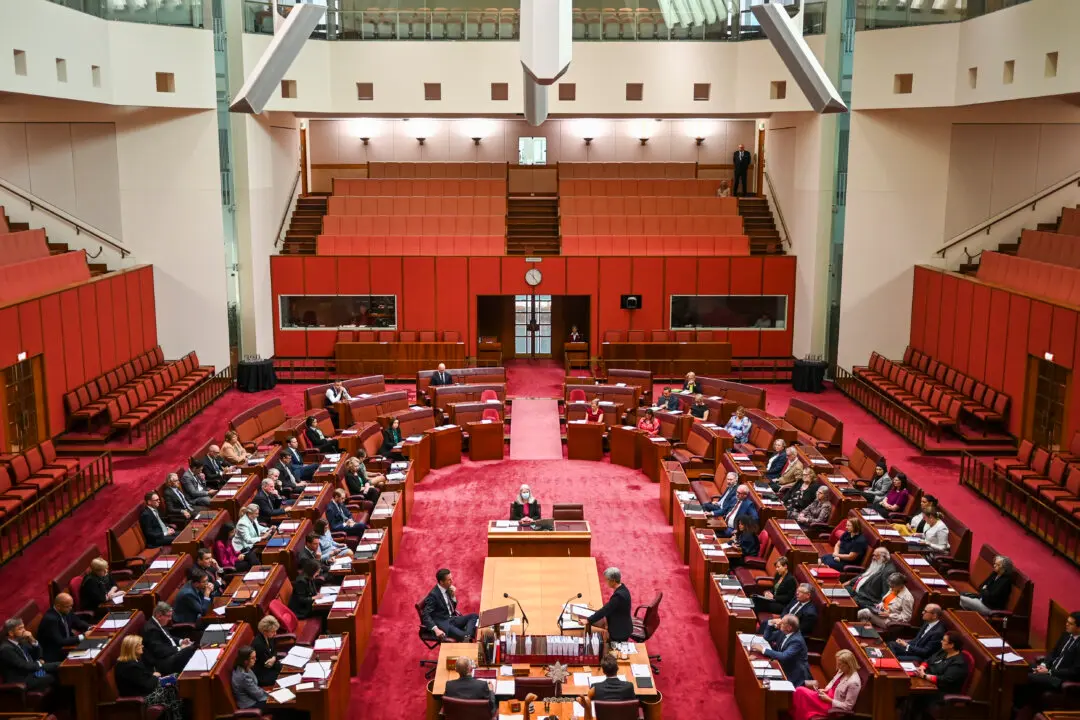Testimony before the Senate Committee on Aged Care Reform have exposed deficiencies in Australia’s aged care system.
Leanne Groombridge, CEO of Advocacy Tasmania, alongside witnesses Helen and Susan—who have lived the experience—painted a stark picture of inadequate penalties, untrained staff, and systemic failures that leave residents without a voice.





